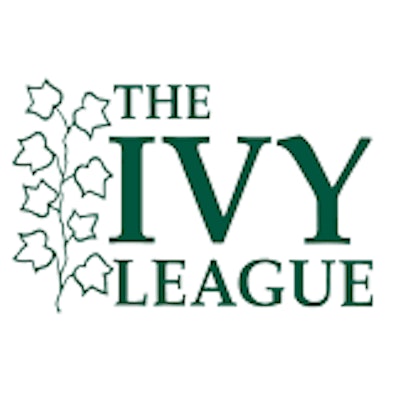
The eight institutions comprising the Ivy League have won dismissal of a prospective class action by current and former student-athletes challenging member schools’ bans on athletic scholarships and other compensation for their athletes.
As reported by Reuters, Connecticut-based U.S. District Judge Alvin Thompson ruled that the students could not establish that the schools were harming competition in a specific, relevant market as required for antitrust claims.
The Ivy League schools stand alone among the more than 350 schools in the NCAA's Division I that do not offer athletic scholarships. The defendants — Brown, Columbia, Cornell, Dartmouth, Harvard, Penn, Princeton and Yale — either declined to comment or did not immediately respond to a request for one.
The lawsuit, among a wave of compensation claims by student-athletes in recent years, accused the schools of forming an illegal price-fixing agreement, Mike Scarcella of Reuters reported.
“At best, the plaintiffs’ allegations of anticompetitive effects relate to just some market participants, not effects in the market as a whole,” Thompson wrote in his ruling.
Attorneys for the students said they were disappointed by the ruling and evaluating their options, including a possible appeal to the New York-based 2nd U.S. Circuit Court of Appeals.“We are optimistic that the Second Circuit will reverse and send the case back for discovery and then trial,” a lead attorney for the plaintiffs, Eric Cramer, said in a statement last Thursday.
"The lawsuit sought unspecified monetary damages and an injunction to open up scholarships to student-athletes," Scarcella wrote. "The students called the Ivy League 'big business' and said its sports conference 'comprises eight of the wealthiest commercial organizations in America' with collective endowments of more than $170 billion.The schools countered that they have power to set their own rules for financial aid and compensation for student-athletes. The schools also said the sports scholarship ban is meant to 'foster campus cultures that do not prioritize athletics.' "





































